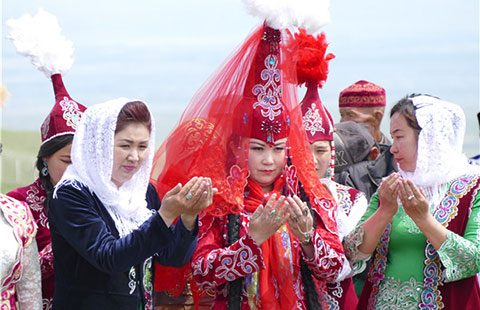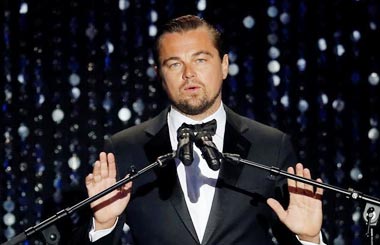Chinese cinema focused on money
ByWang Kaihao
( China Daily ) Updated: 2016-05-26 08:20:30
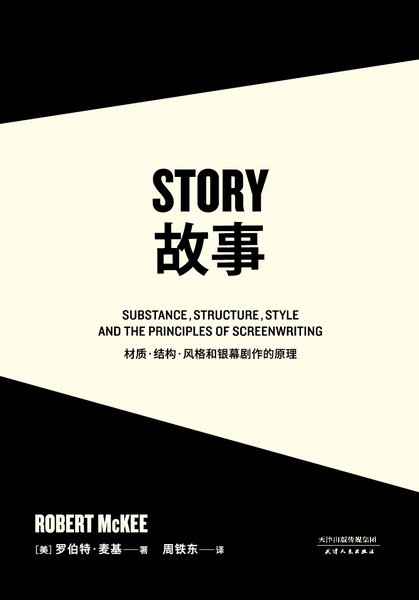 |
|
Mckee's book has been dubbed the screenwriters' Bible.[Photo provided to China Daily] |
Citing examples, he picks several top-grossing Chinese films of recent times, including Lost in Thailand (2012), Monster Hunt (2015) and Mermaid (2016), as instances of how projects have adapted to market criteria but not in terms of artistic appreciation.
"It's fine. It's delightful and entertaining, but it's easy," he says. "In my aesthetics, the more difficult the artists make it for themselves, the more brilliance they will create."
McKee says it is sad that when the rest of the world talks about Chinese films these days, respected productions like Red Sorghum (1987), Farewell My Concubine (1993) and To Live (1994) are remembered more than the relatively newer releases.
In the face of the need to entertain in the film industry, McKee emphasizes the importance of being able to stick to the "bitter truth".
Consequently, the appearance of TV series Breaking Bad (2008-13), which focuses on the screenwriters' capacity to tell the bitter truth and present complexities of the human race, has started "a new world" in his point of view.
In the past 15 to 20 years, the US has generated many such series running for 50 to 100 hours, he says, citing Breaking Bad that has 26 storylines woven together.
"The two-hour feature film is a very limited form, and the dominant art form will be long-form television," he says.
"Their characters will be incredibly complex … good and evil. As a result, when you watch these series, you will be aware how complex you are. There is a little Walter White (the lead role in Breaking Bad) in everybody."
McKee says that such efforts will require brilliant storytelling, more than what the world has seen. But he did not write about such trends in the book Story, and thus plans to write an upgraded version in the near future to elaborate more on long-form television.
With the development of technology, people will use new methods like eye-catching visual effects, but he is against overdoing it in films and TV series.
"It's a question of form and content, but the two should be in harmony," he says. "Special effects have to be expressive, but they are not excuses for bad writing.
"Human nature, life and talk have not changed. My teaching is only decades old, but what I'm teaching is thousands of years old. A story is what it is. It's never going to change."
Contact the writer at wangkaihao@chinadaily.com.cn
|
|
|
|
|
|
|
|

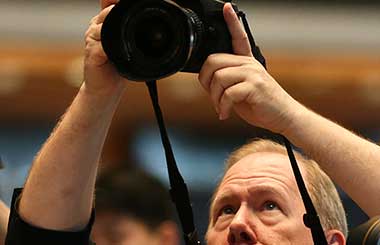
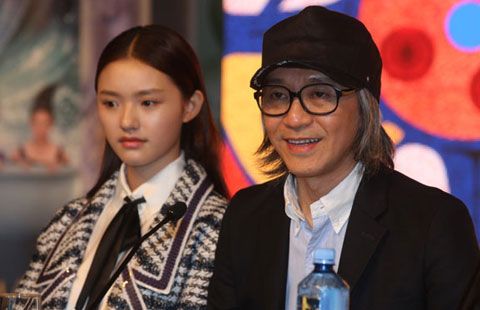
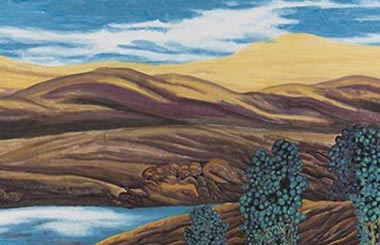




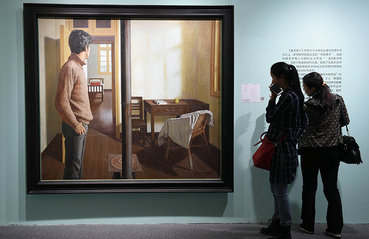
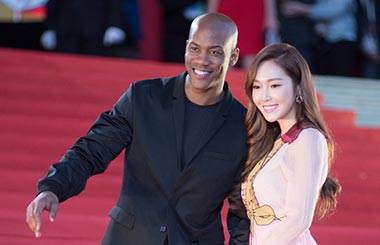
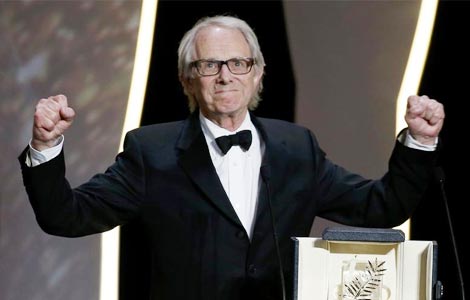


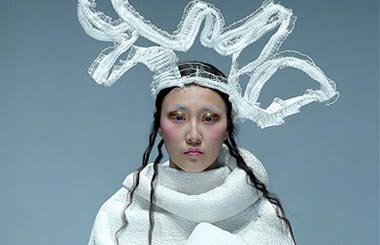







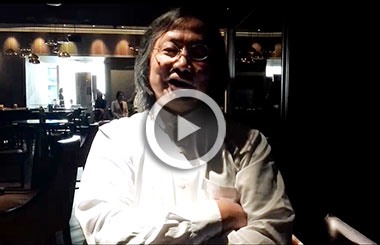
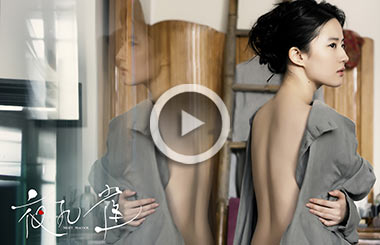
 Raymond Zhou:
Raymond Zhou: Pauline D Loh:
Pauline D Loh: Hot Pot
Hot Pot Eco China
Eco China China Dream
China Dream China Face
China Face
